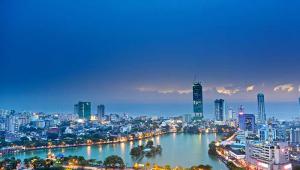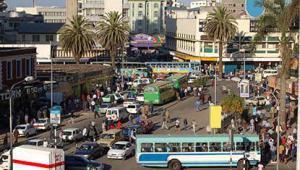By Mark Smulian | 25 July 2013
Sri Lanka has launched a programme to strengthen its local government, with help from the Commonwealth.
The Strengthening Local Governance for National Development initiative will work on improvements to institutional arrangements, administration and financing, capacity building and strategies to promote closer engagement among local community stakeholders.
It is supported by the Commonwealth Local Government Forum (CLGF), the Commonwealth Secretariat, the Federation of Sri Lankan Local Government Associations and the country’s Ministry of Local Government and Provincial Councils.
Mohammed Hilmy, mayor of Colombo and president of the Federation of Sri Lankan Local Government, said: ‘Local government is a key part of the governance framework of the country.
‘It is the level of government closest to the people, responsible for providing many of the services that support the livelihoods of communities across Sri Lanka and has a key role to play in the reconciliation and nation building process.’
CLGF secretary-general Carl Wright said the project provided ‘an important opportunity to strengthen local government in Sri Lanka to respond to the needs of local communities’.
Writing on his blog, Wright defended engagement with Sri Lanka against criticism from those concerned about the country’s human rights record, in particular as the Commonwealth Heads of Government Meeting is due to be held there in November.
Sri Lanka’s last national elections were democratic ‘and since 2009 it has held free local government elections throughout the country, including in Jaffna and other Tamil areas, resulting in the elections of local Tamil mayors and councillors’, Wright wrote.
He added: ‘Peace and reconciliation must of course be fully extended to all of the Tamil population and democratic opponents of the Government must not feel themselves threatened.
‘One of the best ways to do this would be effective decentralisation of powers to the local communities. The Sri Lanka Government would be well advised to follow this road.
‘Clearly, there are currently worrying human rights issues, but these are not untypical of a post-conflict situation after many years of strife and bloodshed.’













